Monday, a list of potential questions for President Donald Trump from Special Counsel Robert Mueller's office, compiled and written by Trump's personal lawyers, was leaked to the press. Now those 49 questions, written out by Trump attorney Jay Sekulow, are being touted as proof of overreach by Mueller's Russia investigation.
Trump's legal team denied any connection to the leak of the questions. However their strategy to discredit the Russia probe for overreach is dependent on the questions being made public.
According to a report in The Washington Post, the plan is for the president and several spokespeople to point to Sekulow's leaked list of questions as evidence Mueller strayed beyond the original scope of the investigation. They're also invoking the name of a prominent figure in the Clinton presidency: Kenneth Starr.
“Mueller is in Kenny Starr territory now,” said a Trump adviser. In 1994, Starr was appointed by a special three-judge division of the D.C. Circuit Court to continue the Whitewater investigation.
Whitewater referred to a series of real estate deals made in Arkansas by Bill and Hillary Clinton. The Whitewater investigation, however, fell under a different law than the current Russia probe.
Starr was appointed by the judicial branch as an independent counsel citing the Ethics in Government Act. Robert Mueller's appointment as a special counsel falls under the executive branch, by the Attorney General's office, pursuant to the General Powers of Special Counsel.
The Trump team's reference to "Kenny Starr" relates to the controversial investigation lasting years and broadening to examining almost every aspect of the first lady and President Clinton’s lives, including the president's sexual relationship with a White House intern that eventually led to his impeachment.
However, the comparison ignores some basic facts in the two investigations. The functions of Starr and Mueller are entirely different.
Starr was granted wide ranging independent powers by the Ethics in Government Act. He worked as an independent counsel without government oversight. Starr was within his powers to investigate beyond Whitewater real estate activity.
Mueller is governed by the limitations of the special counsel. He is unable to make independent decisions regarding his investigation and must stay within the scope outlined for him by the office that appointed him, the United States Attorney General.
The Trump team's strategy depends on convincing people that they don't want another Starr style investigation, but invoking Starr's name is not enough. They must prove that Mueller's probe has gone beyond his own investigation scope.
Paul Manafort attempted to do just that, to try to overturn his own indictment resulting from Mueller's investigation. Manafort's lawyers invoked exceeding scope as a defense against the charges.
However, Mueller's office produced a redacted memo showing Manafort's charges fell well within the scope set forth for the Office of Special Counsel. The memo was created by the Office of the Attorney General by Deputy Attorney General Rod Rosenstein after Attorney General Jeff Sessions recused himself from the case.
The Attorney General's office oversees the Mueller investigation. If overreach occurred, they would know and be able to take action. As of yet, no statements of overreach have been made by anyone associated with the Justice Department or the Office of the Attorney General.
Public opinion has not latched on to the concept or comparisons to Ken Starr's Whitewater investigation either.

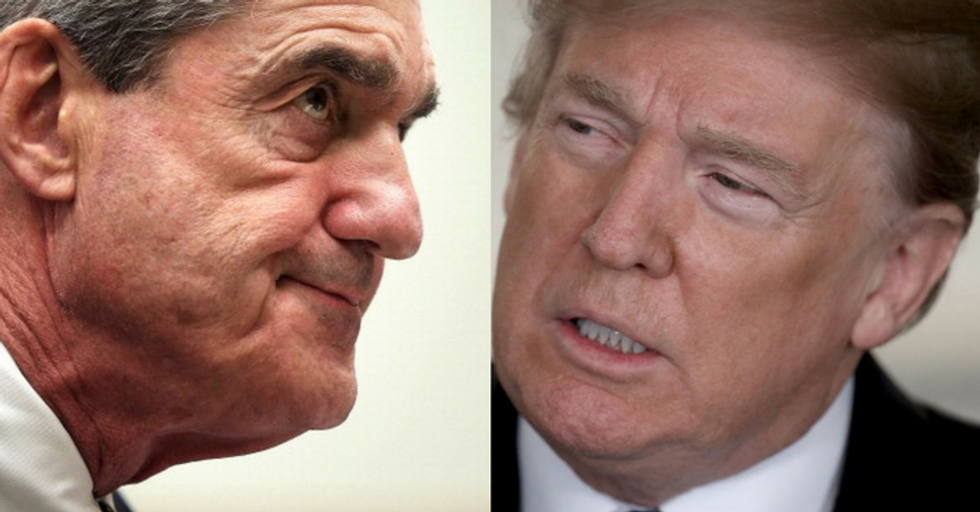

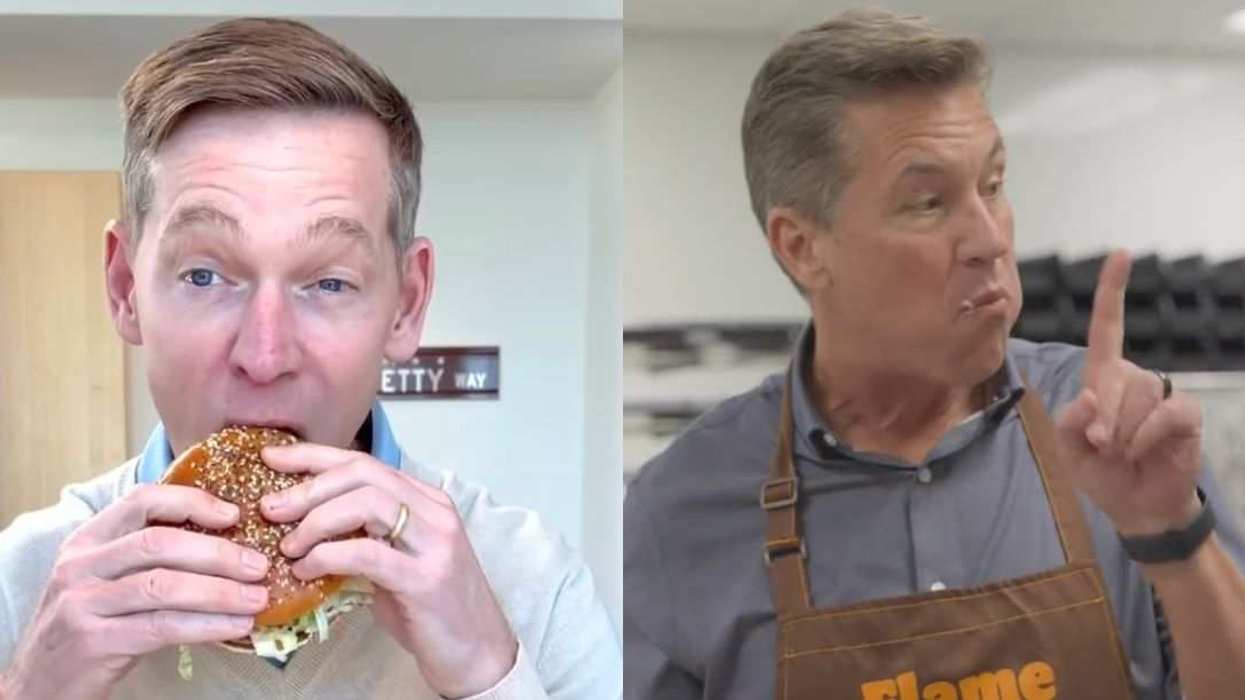

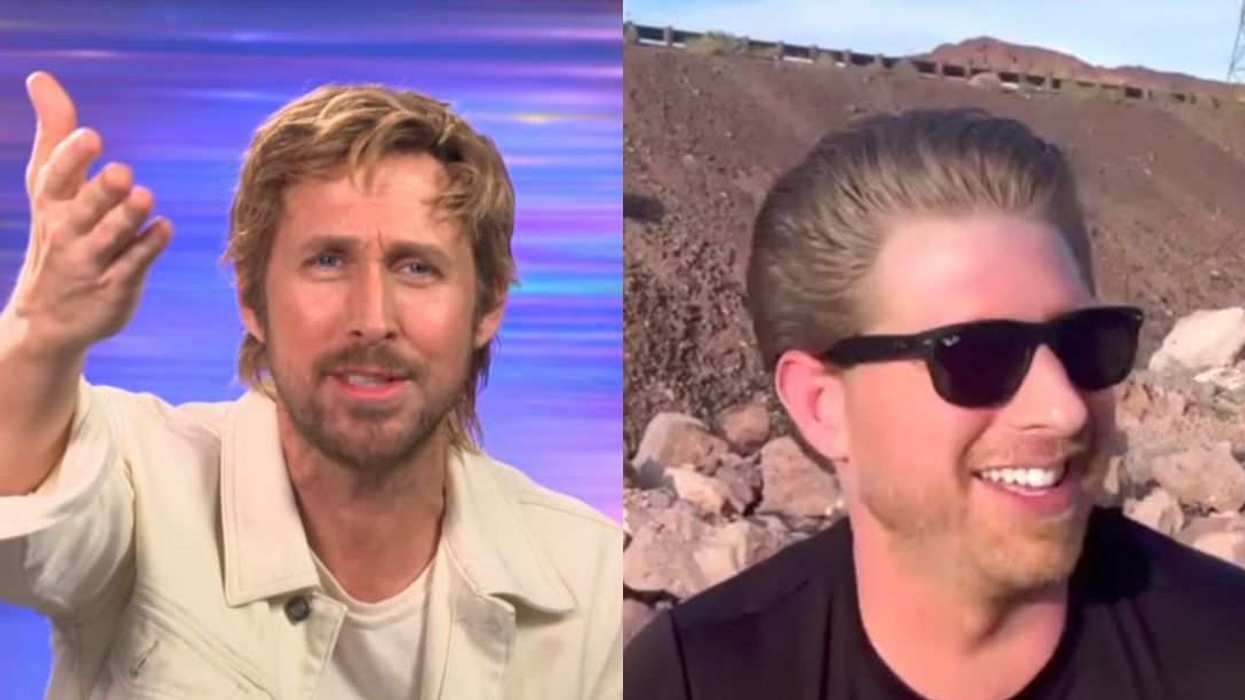
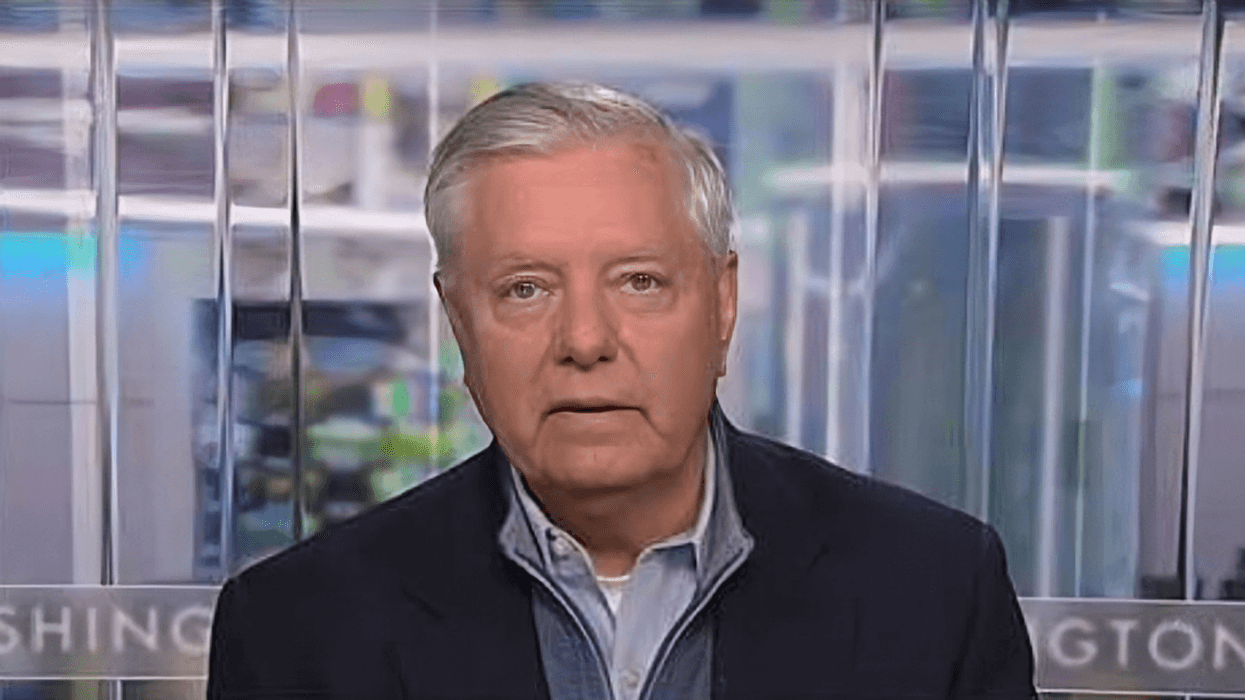
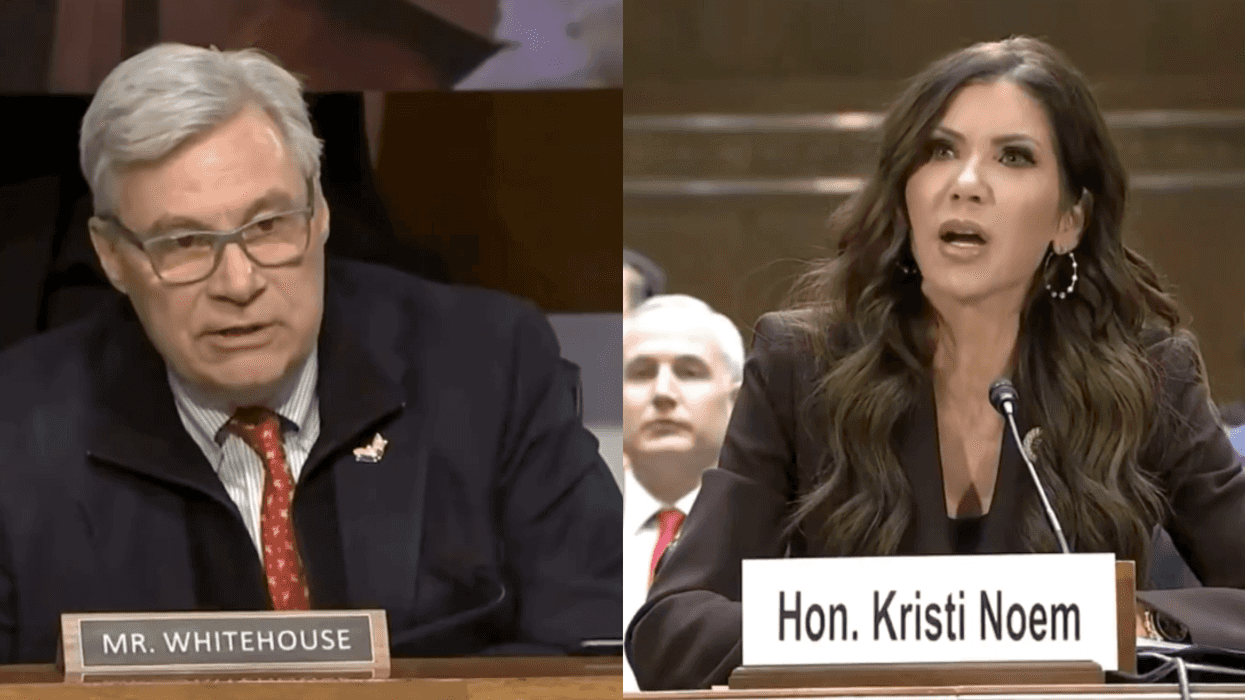




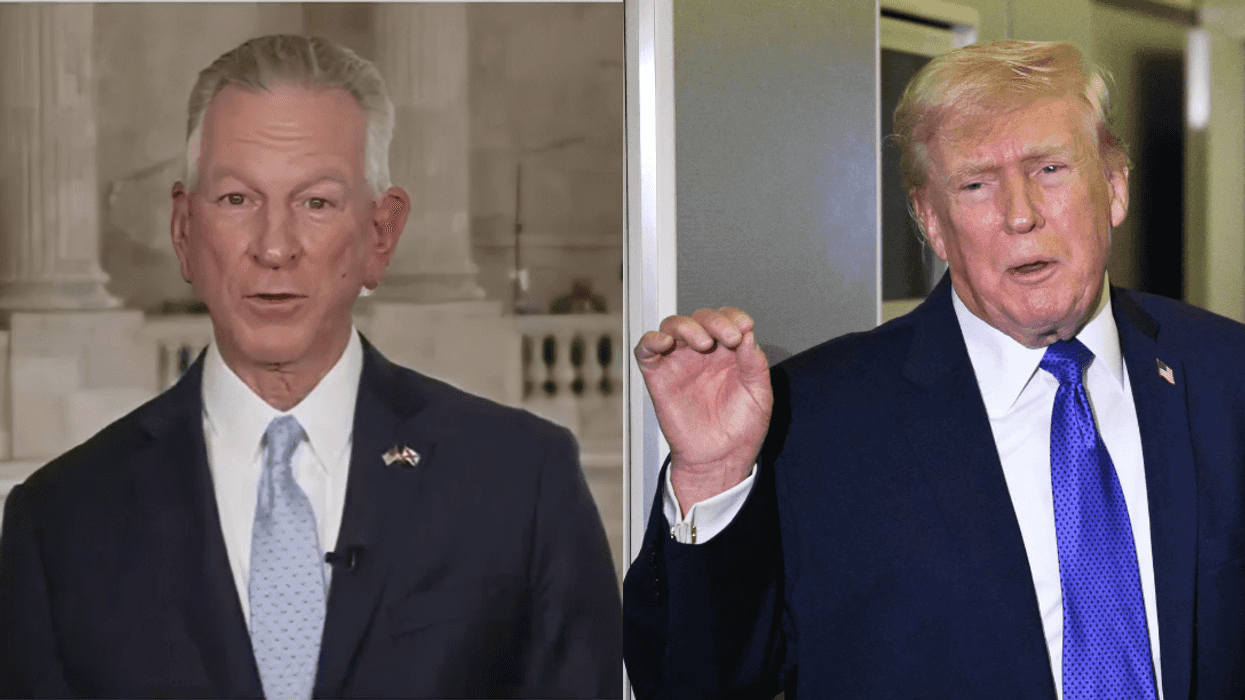
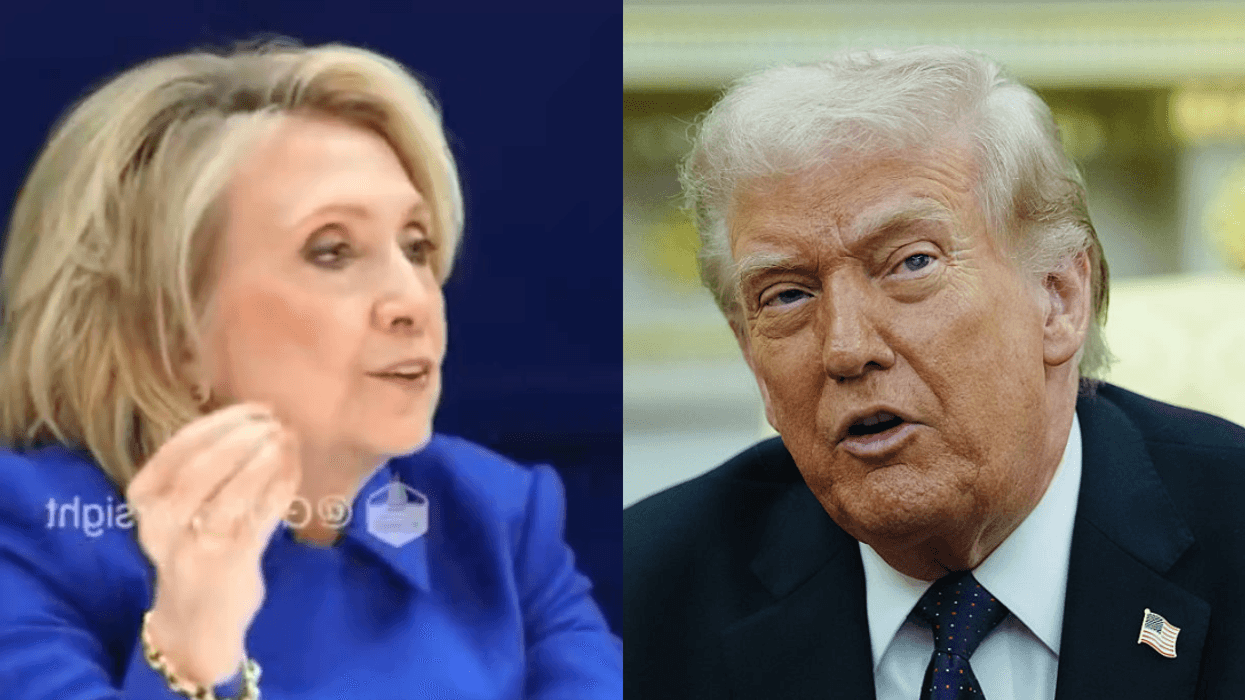

 @CNN/Instagram
@CNN/Instagram @CNN/Instagram
@CNN/Instagram @CNN/Instagram
@CNN/Instagram @CNN/Instagram
@CNN/Instagram @CNN/Instagram
@CNN/Instagram @CNN/Instagram
@CNN/Instagram @CNN/Instagram
@CNN/Instagram @CNN/Instagram
@CNN/Instagram @CNN/Instagram
@CNN/Instagram @CNN/Instagram
@CNN/Instagram @CNN/Instagram
@CNN/Instagram @CNN/Instagram
@CNN/Instagram @CNN/Instagram
@CNN/Instagram @CNN/Instagram
@CNN/Instagram @CNN/Instagram
@CNN/Instagram @CNN/Instagram
@CNN/Instagram @CNN/Instagram
@CNN/Instagram @CNN/Instagram
@CNN/Instagram @CNN/Instagram
@CNN/Instagram @CNN/Instagram
@CNN/Instagram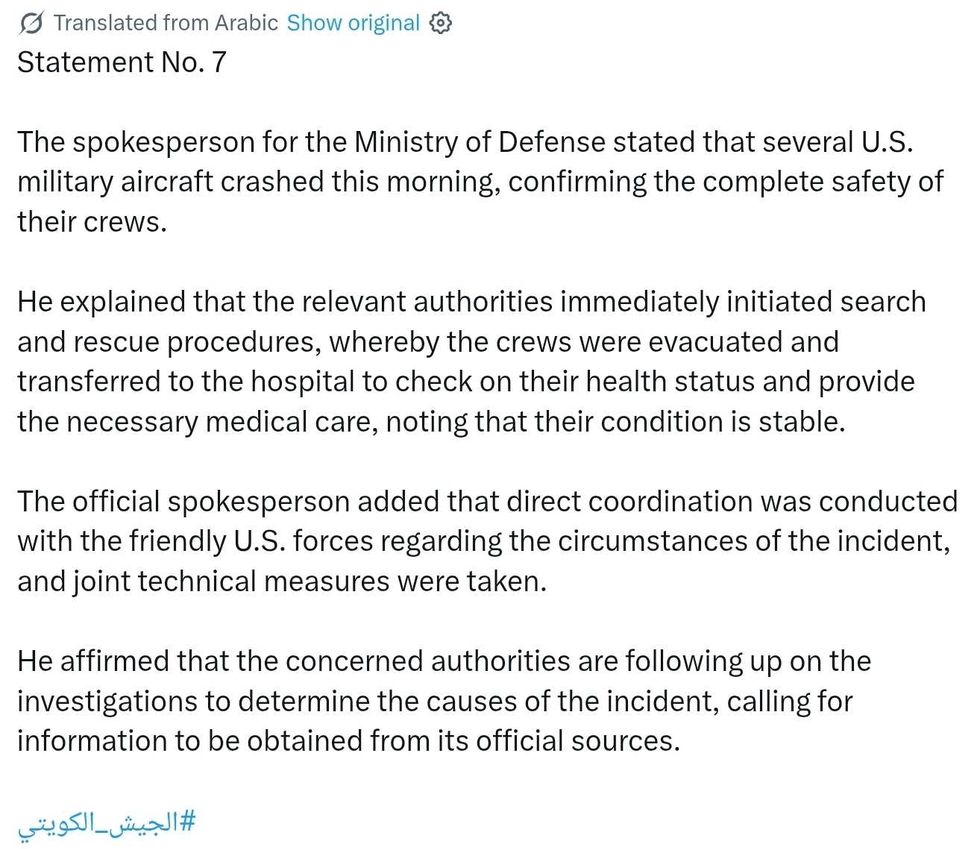
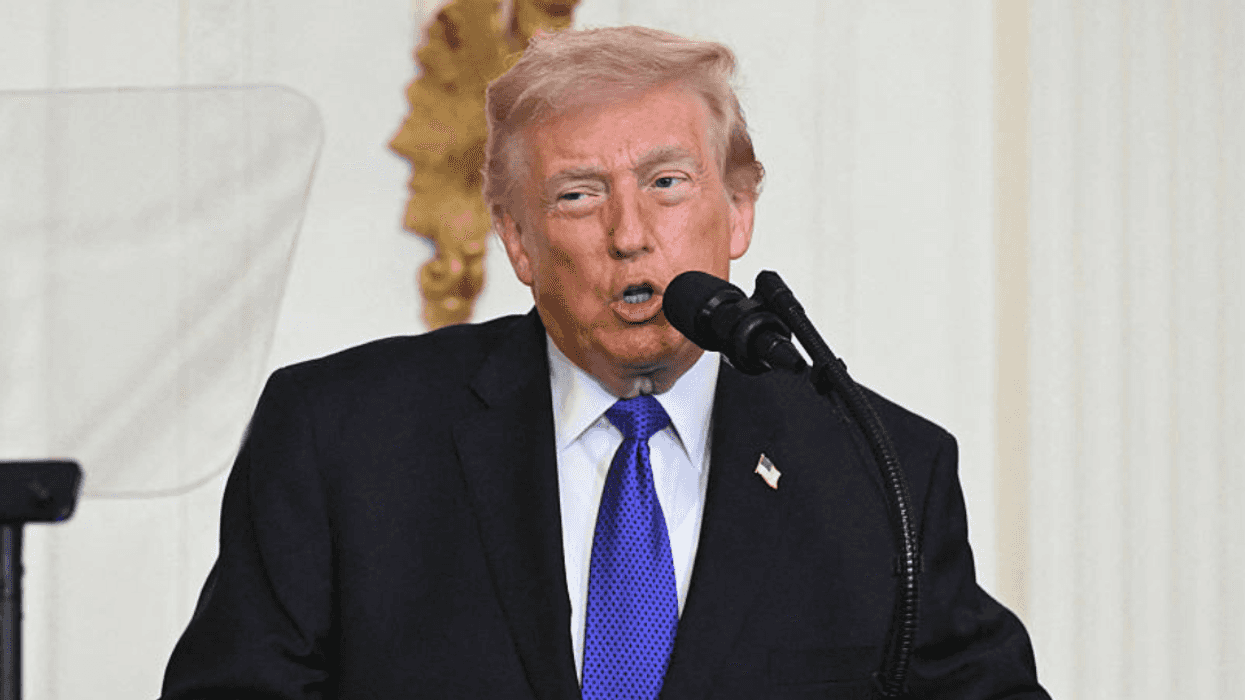
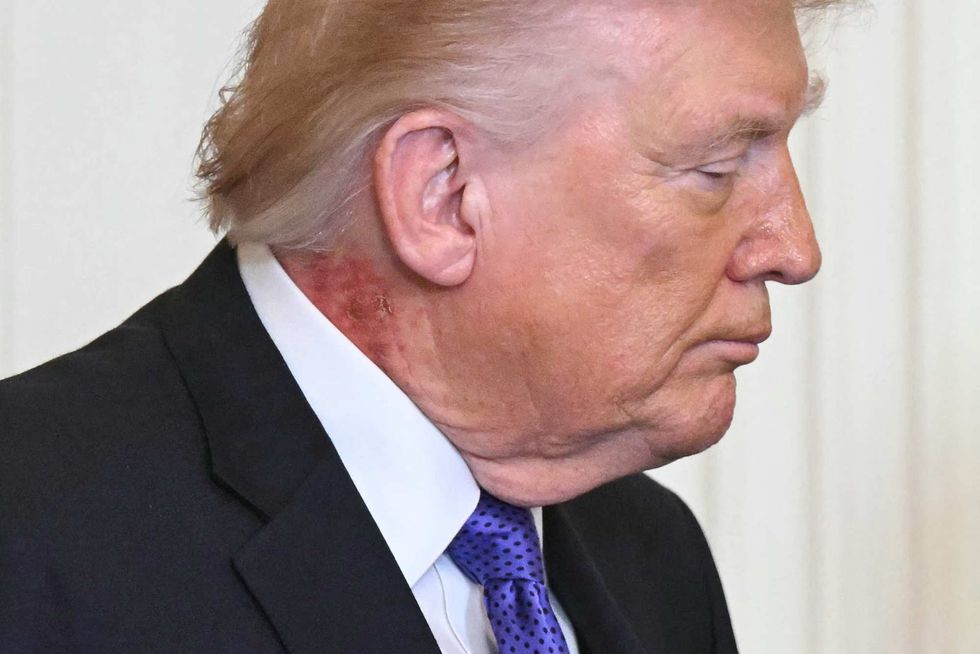 Saul Loeb/AFP via Getty Images
Saul Loeb/AFP via Getty Images
 @tabithadumas11/Instagram
@tabithadumas11/Instagram @basicallyemilyphoto/Instagram
@basicallyemilyphoto/Instagram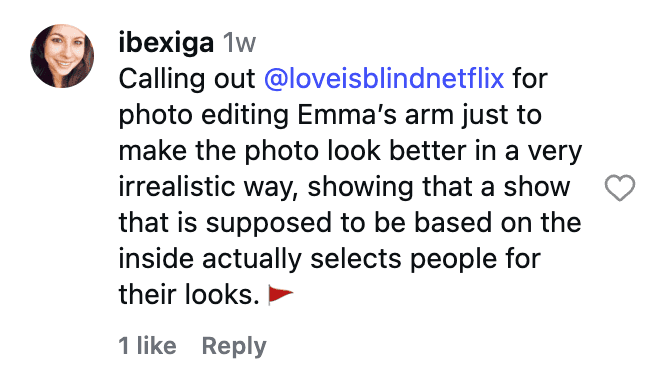 @ibexiga/Instagram
@ibexiga/Instagram @operasaurus/Instagram
@operasaurus/Instagram @gabbyyhorne/Instagram
@gabbyyhorne/Instagram @rosieposie_josie/Instagram
@rosieposie_josie/Instagram u/Happylittlepinetree/Reddit
u/Happylittlepinetree/Reddit u/idkeverynameistaken9/Reddit
u/idkeverynameistaken9/Reddit u/absentmindedlurking/Reddit
u/absentmindedlurking/Reddit u/Clinically-Inane/Reddit
u/Clinically-Inane/Reddit u/Make_Buff_Again/Reddit
u/Make_Buff_Again/Reddit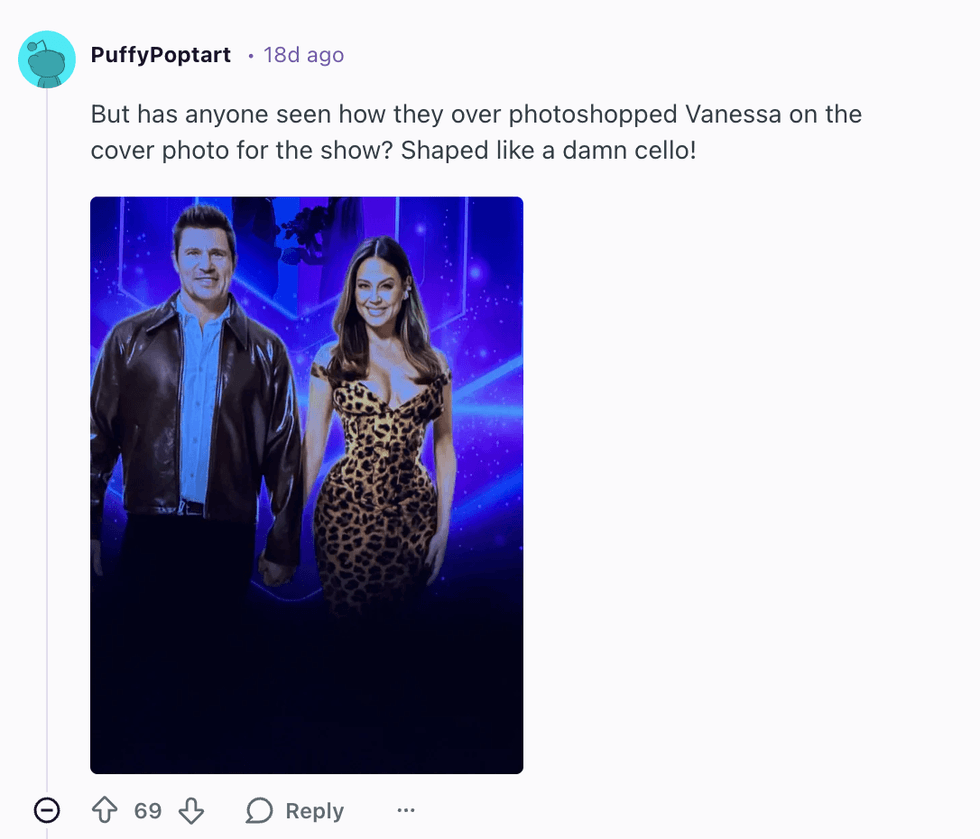 u/PuffyPoptart/Reddit
u/PuffyPoptart/Reddit